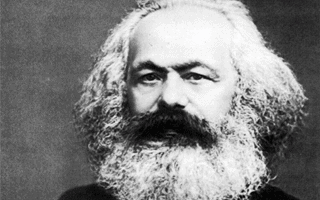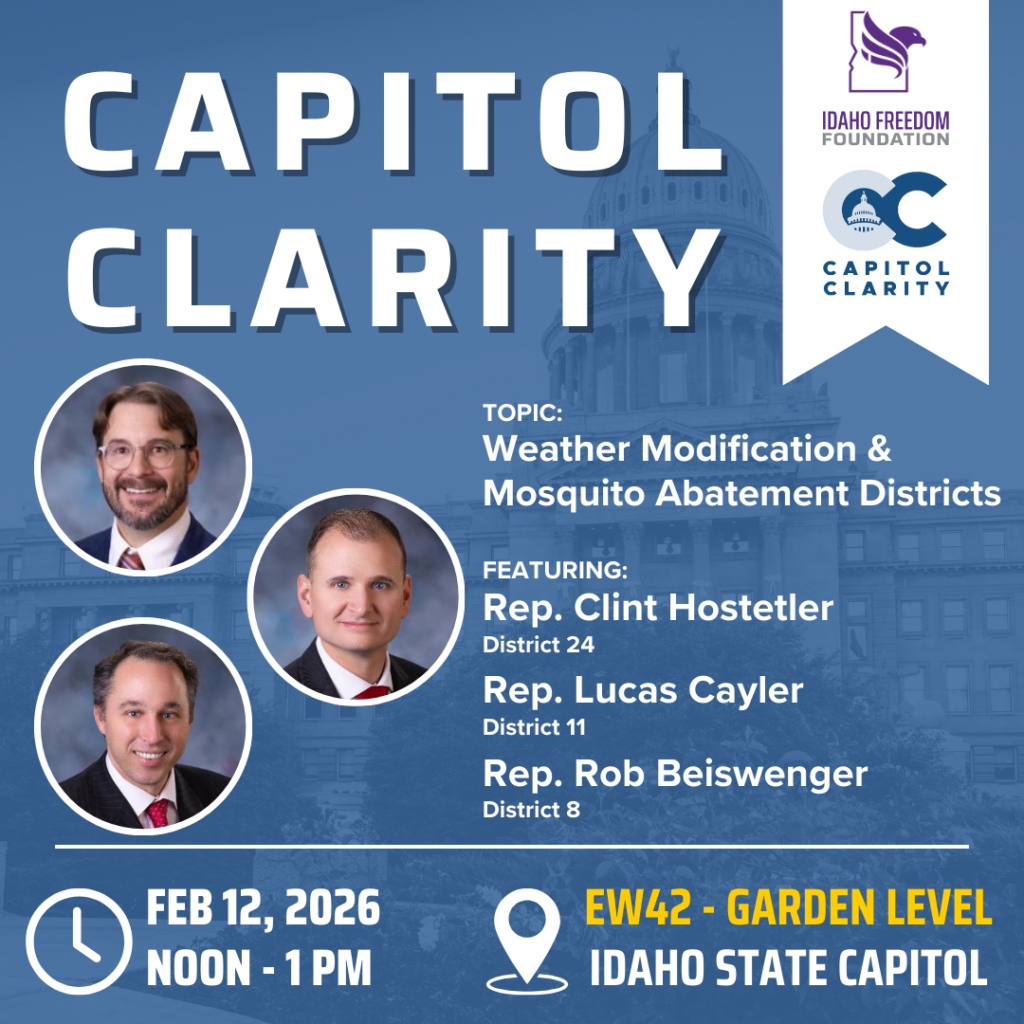


Earlier this summer, a state legislator, a self-described conservative Republican, asked me to help devise a solution for the so-called “gap population,” the people who earn too much to be on Medicaid and too little to qualify for government subsidized insurance.
“We have to ‘close the gap,’” this legislator told me. “Close the gap” is the three-word catch phrase invented by special interests who wish to expand Medicaid -- so they can benefit from the influx of federal dough.
I asked, Why do you want to close the gap?
“Because,” he replied, “you know the saying, ‘from each according to his ability, to each according to his needs.’”
Indeed, I do know the saying and the author who popularized it, Karl Marx. Marx believed that a government-run economy and the forced redistribution of wealth would lead to better outcomes for the masses. Let the record show, I don’t think my Republican legislator friend is a Marxist.
Rather, I believe the legislator means well. He wants to help the people in his community. He just doesn’t understand that redistribution of wealth and the creation of new government programs actually does great harm. It harms the people from whom resources have been taken. It harms the people to whom the resource is given.
We, as individuals and groups, should help people who can’t help themselves. Signing people up for a government program because they’re not on a government program isn’t the way to do that. It isn’t fair to the person from whom money is taken, who is forced to give through government coercion and threat of loss of liberty. And it isn’t right for the receiver, who becomes dependent on the government assistance. If we really do care about people in our communities, in our state and in our country, the very last thing we should do is sign them up for a government program.
Instead of quoting Marx, let us instead quote Alexis de Tocqueville. In the 1830s, Tocqueville, a Frenchman, wanted to know what made this new nation so special. What he discovered was the giving nature of Americans and their willingness to voluntarily come together— without the aid of government — to solve problems and help one another.
Tocqueville noted, "In the United States, as soon as several inhabitants have taken an opinion or an idea they wish to promote in society, they seek each other out and unite together once they have made contact. From that moment, they are no longer isolated but have become a power seen from afar whose activities serve as an example and whose words are heeded.”
Much of this changed in the early 20th century with the encroachment of the modern welfare state. Today, people are more likely to seek help from the government than they are from their family, friends, neighbors or charitable organizations, the places they once flocked for assistance.
Yes, there are people who need help. It is arguable whether people in “in the gap” are among those who truly need help; as data shows, they are mostly able-bodied, working, childless adults. Regardless, the best help comes from the caring and benevolence of people who give of their own free will. The best help does not come from special interests with bumper-sticker catch phrases. Nor does it come from politicians who use the power of government to take “from those according to their ability, to those according to their needs” in order to feel good about having “helped” others.



